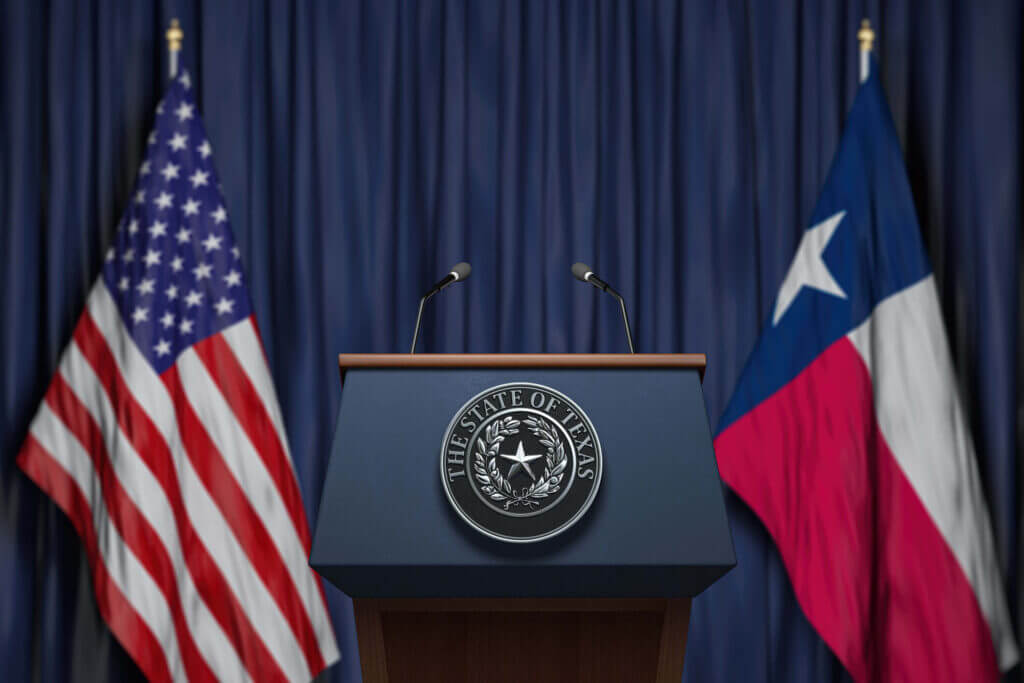Biden announced a new government plan to limit the crossing of undocumented immigrants at the Texas-Mexico border.
With the warning, “Don’t just show up at the border,” President Joe Biden has announced to the press new measures to be implemented at the Texas-Mexico border. Similar to what was done with Venezuelan immigrants, the new program will now be extended to undocumented immigrants from Cuba, Haiti, and Nicaragua.
The new policy will mean that 30,000 aliens from these countries will be accepted at the border each month, but also that undocumented immigrants who show up at the border only to attempt to cross will be immediately expelled.
All this corresponds to the Administration’s new plans to regulate immigration, and also allowing entry in a more humane and organized manner. With the Title 42 controversy, Joe Biden and his officials have had to readjust their policies and modify their ideas.
But are these changes more positive or negative for the community? Will deportations increase or decrease? At Jaskot Law, we’ll tell you all about it.
New measures: all the details
From the Roosevelt Room in the White House, President Biden spoke to the American public to tell of his new plans. In theory, the new policies would grant a humanitarian parole to eligible immigrants from Cuba, Haiti, Nicaragua, and Venezuela. The condition is that they have entered via airplane, and have the request of family members who are citizens or permanent residents, a process that can take several months.
The new measures will operate as part of an innovative border strategy that incorporates an expanded use of Title 42 removals. In this regard, the President made it clear time and again that those interested in entering the country should not simply show up at the border without having gone through any immigration procedures beforehand. Rather, immigrants from these four nations should apply for the new program through the legal pathway; otherwise, they will not be considered eligible, and will be deported.
For their part, the Departments of Homeland Security and Justice announced in parallel new regulations, similar to the transit ban that was in place during the Trump Era. This prohibition prevents you from applying for asylum if you have not been rejected by another country and there is proof of this. Fortunately, it has not yet been approved for implementation.
What will happen now with the income at the border?
Biden emphasized that, while efforts are being made to reform the overall immigration system (immigration reform is a long time coming), it is these types of policies that help to control the overflow situation at the Texas-Mexico border.
With bipartisan struggles, competing interests within the government, and other ideological and political issues, little has been done for the immigrant community since Biden’s inauguration. In this regard, the president clarified that they are doing their best with the tools they have.
On the other hand, there are plans for another visit by Biden to the Texas-Mexico border in El Paso. The objective would be to talk to the agents working there about the new operations and goals at the site.
All this comes at a critical time for the Administration due to the elections in full swing, the immigration record at the border, and multiple criticisms from both the Republican and Democratic parties. So, this was the government’s way of taking action.

It remains to be seen what the consequences will be for the migrant community. In the meantime, at Jaskot Law, we recommend securing your stay, and arranging your immigration status. Our team can help you!

